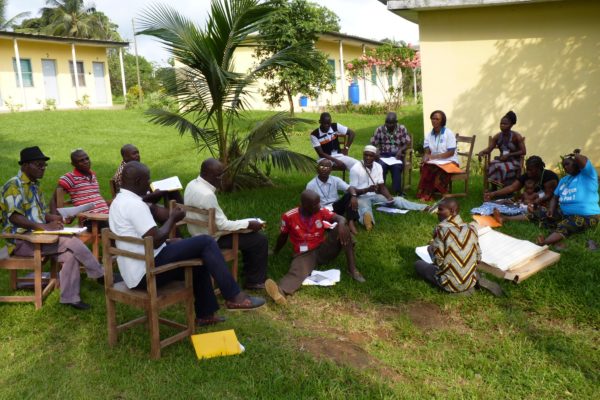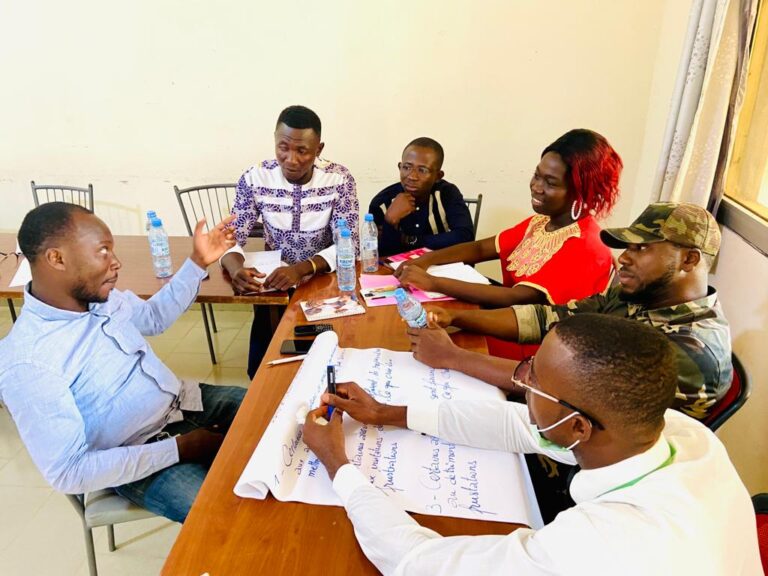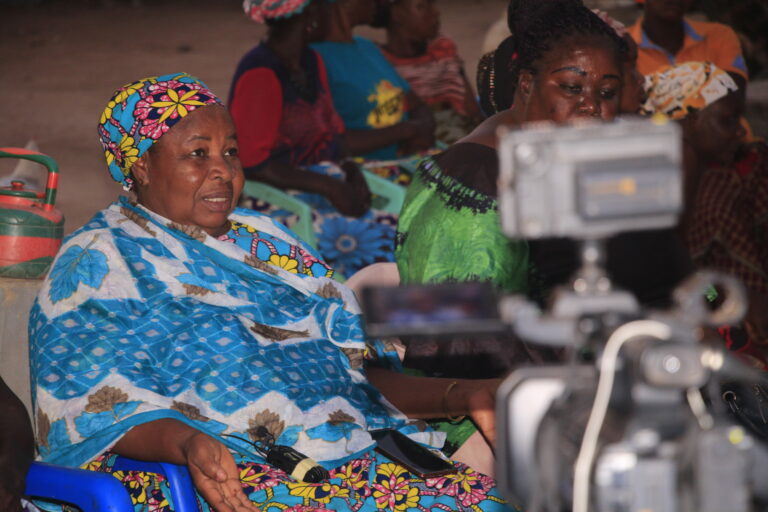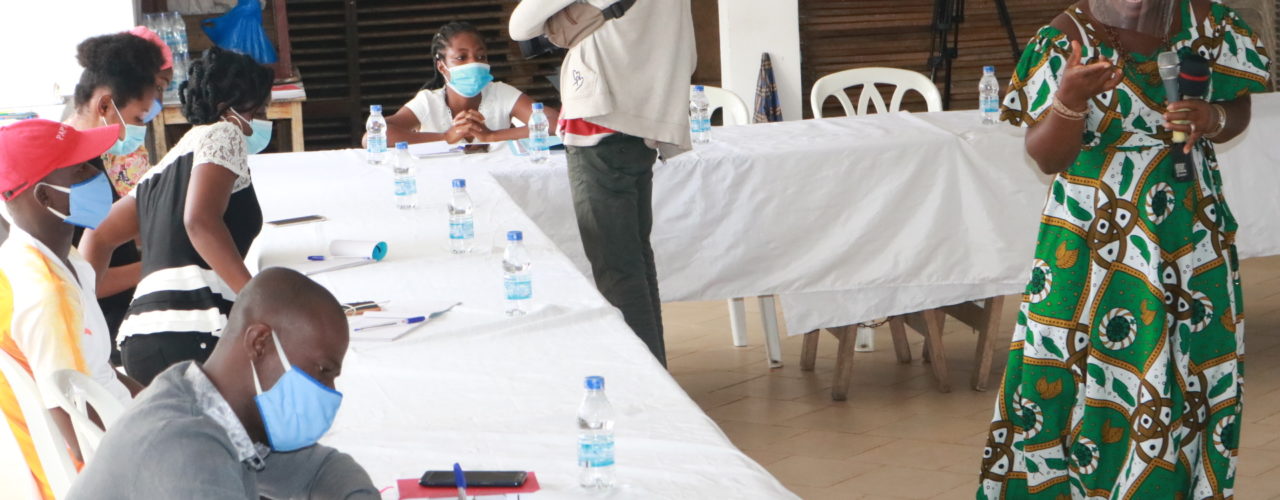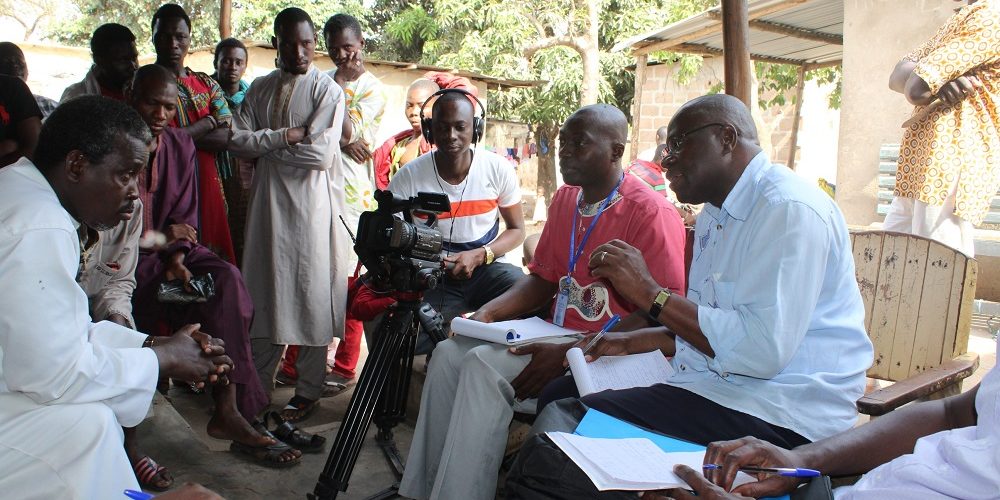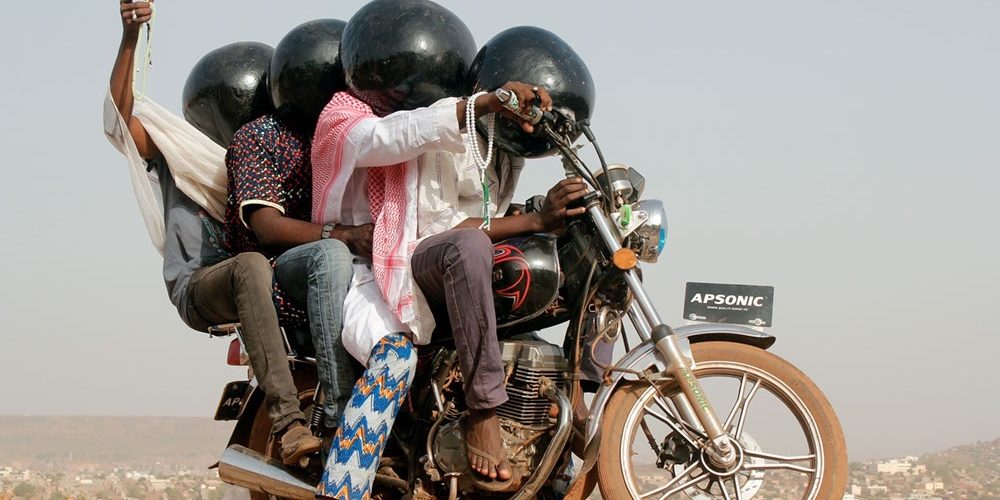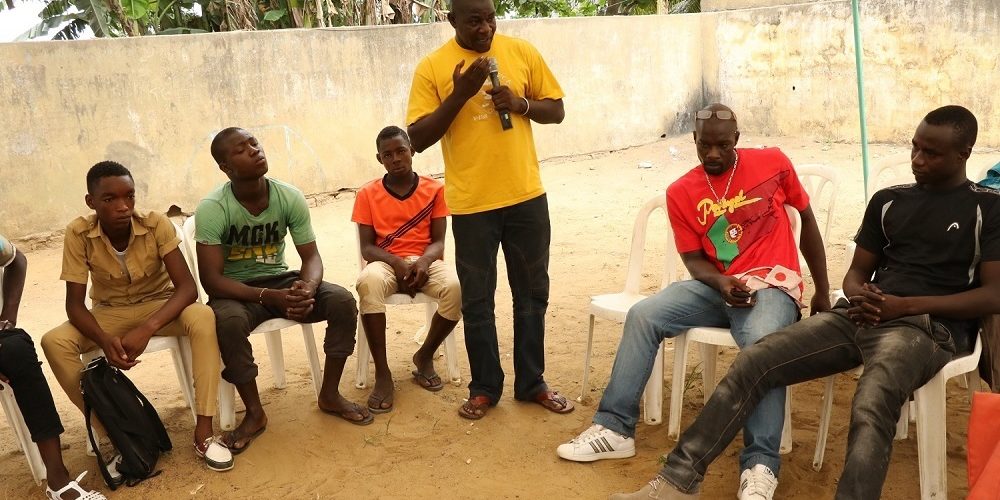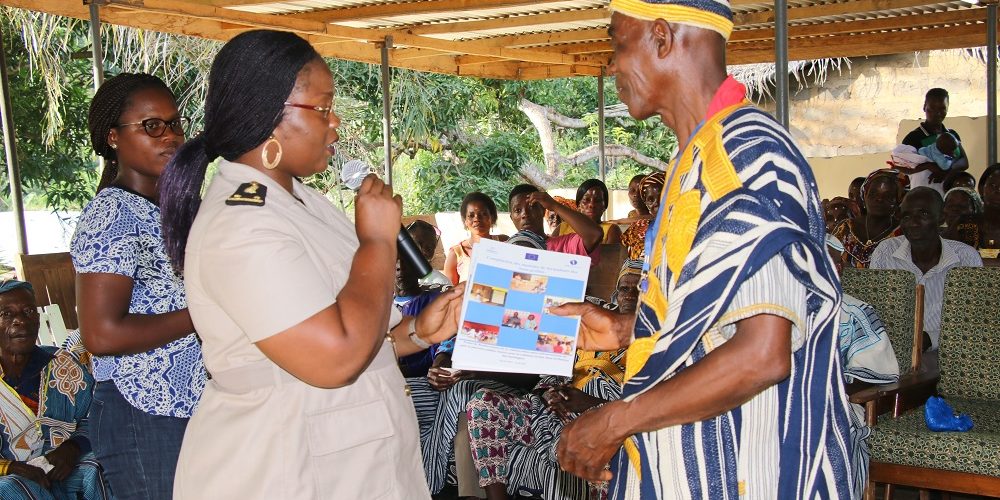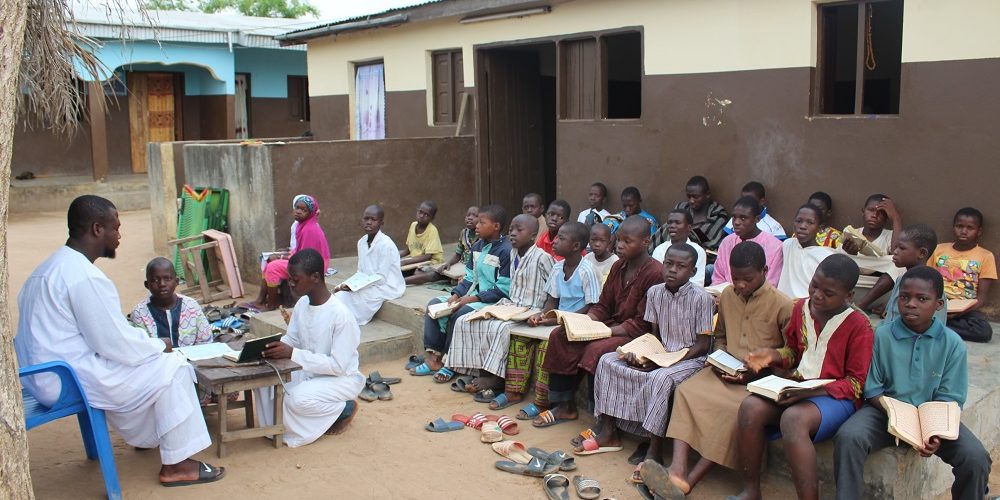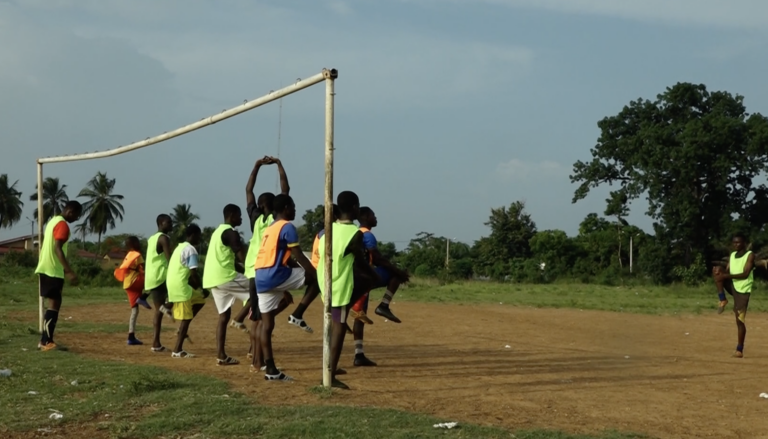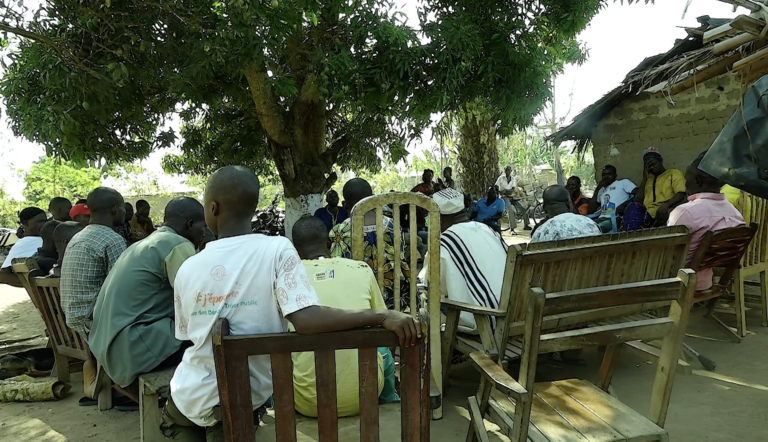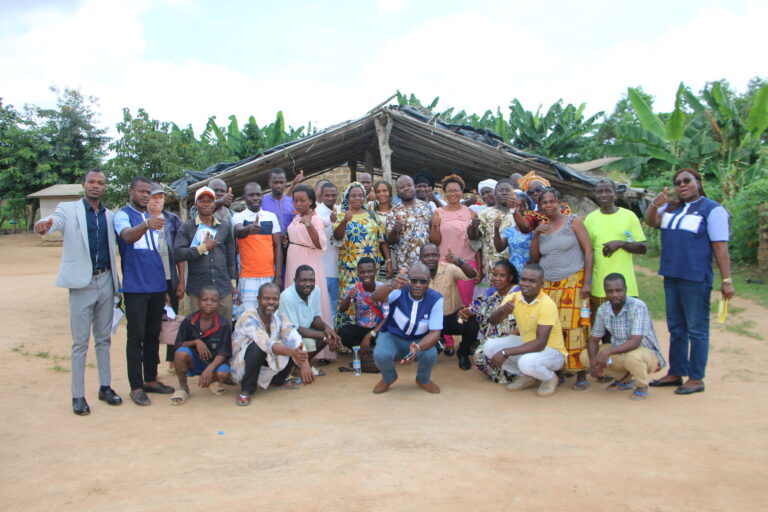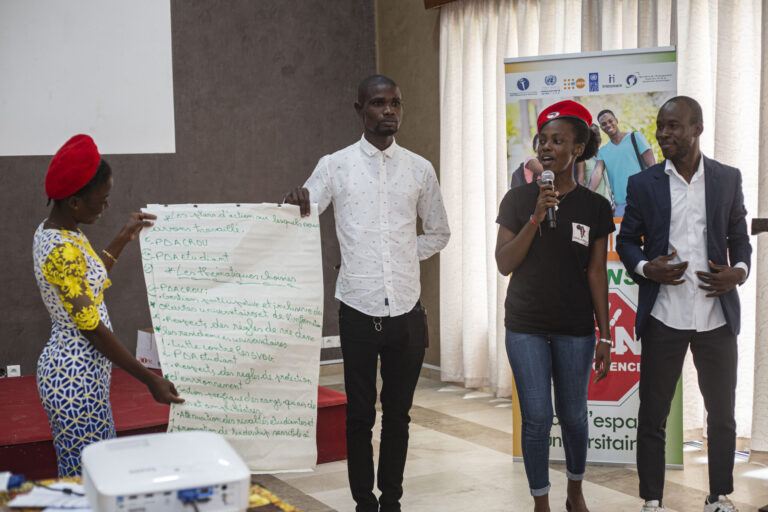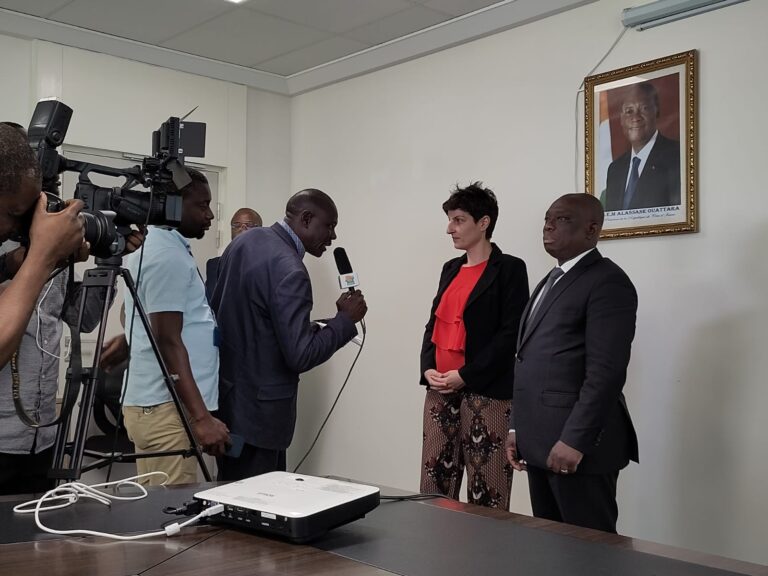Since the end of the socio-political crisis in 2011, the situation in Ivory Coast has become more stable and the country has gradually entered a reconstruction phase. A number of major infrastructure projects initiated by the state have resulted in continued economic growth. Despite these positive developments, the socio-political situation remains fragile. Socio-political tensions between communities exist across the country areas and feed in the violence that has affected Ivory Coast for over a decade. Today Ivory Coast is also facing the threat of attacks from extremist groups at its northern borders, with recurrent incidents against security forces since 2019.
Interpeace has been engaged in Ivory Coast since 2012, working with local partner Indigo Côte d’Ivoire (CI). Interpeace and Indigo CI have been particularly active in the western regions of the country, where our 2013 and 2017 participatory action research projects revealed that the main challenges to social cohesion and lasting peace is a widespread feeling of ‘self-victimization’, a trust crisis between the populations and the local authorities, and tensions around the figure of the foreigner. Since 2015, they have also engaged on issues of youth violence and resilience to violence, including in Abidjan, through participatory research projects, as well as operational initiatives aimed at reintegrating youth gang members within their communities. Since 2020, Interpeace and Indigo-CI have been addressing the root causes of political violence and its manifestations at the community level and are now active all across the country.
